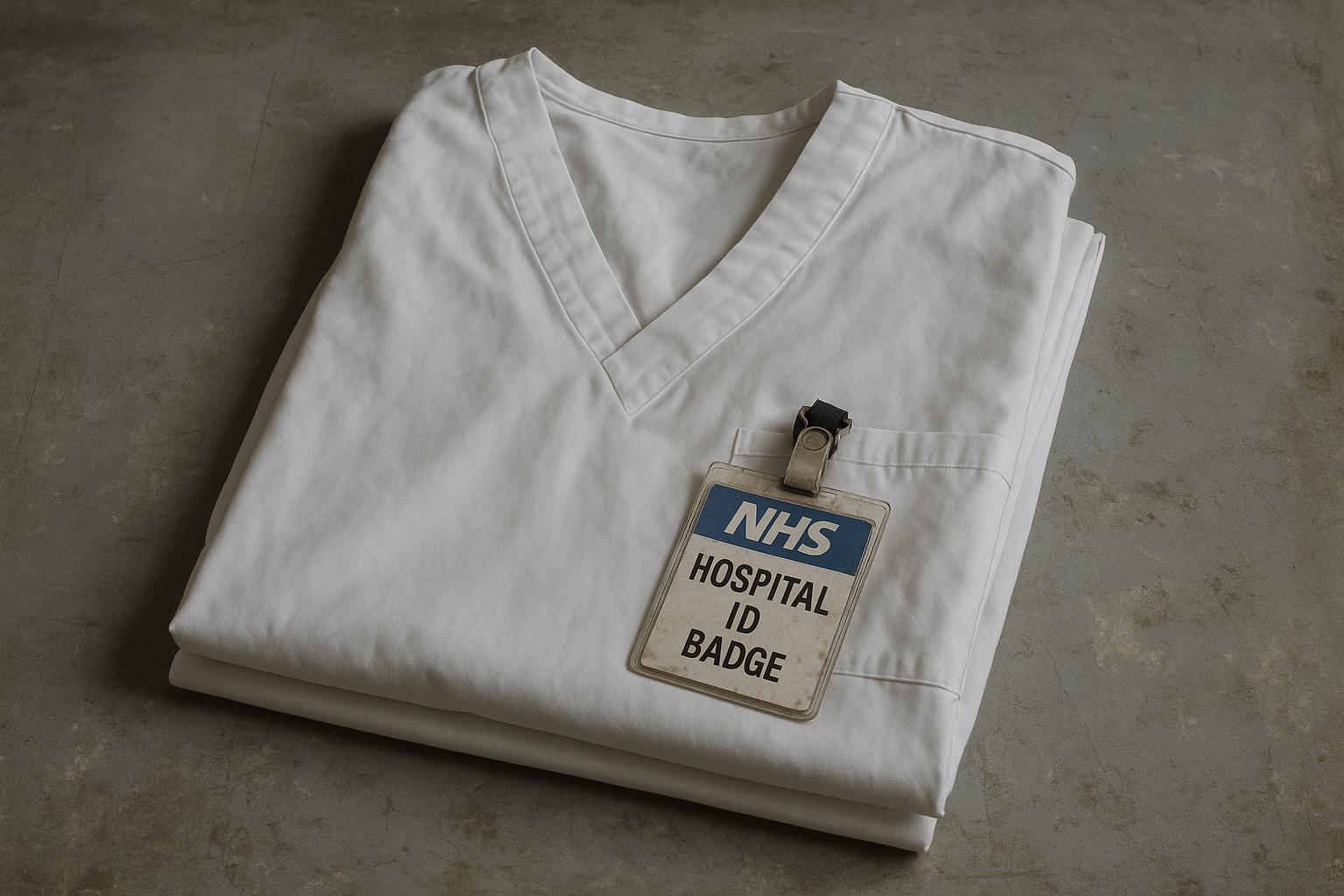Health Secretary Wes Streeting has firmly dismissed the British Medical Association’s (BMA) resident doctors’ planned strike action as an attempt to "hold the country to ransom," warning that the industrial action will have damaging financial and operational consequences for the NHS. The BMA has announced that resident doctors in England will stage a five-day strike from 7am on November 14 until 7am on November 19, 2025, in response to unresolved disputes over jobs and pay.
Streeting acknowledged that the strike action poses significant challenges to the NHS, cautioning that the £250 million cost associated with the walkout could jeopardise the availability of specialty training places for doctors seeking to advance their careers. Speaking to both Sky News and the BBC, he highlighted that while there are encouraging signs of recovery in the NHS—such as declining waiting lists and increased recruitment of general practitioners—progress has recently stalled. This stagnation is partly due to the impact of earlier strike action and demand outstripping activity levels, factors which exacerbate pressure on services.
The Health Secretary emphasised that despite the hurdles, the government remains committed to modernising the NHS and addressing cultural issues within the service, including accountability and transparency. However, he expressed frustration that ongoing strikes undermine public trust in both the NHS and the government’s ability to deliver effective healthcare. He urged the BMA to engage constructively with the government, stressing that a deal is available that could immediately increase specialty training places and provide support around exam fees for resident doctors. Nevertheless, Streeting warned that meeting the financial costs of strikes diverts funds away from such initiatives and reduces resources available for frontline care.
The strike, which follows a series of escalating industrial actions by doctors, highlights deepening unrest within the healthcare sector over concerns regarding pay, job security, and training opportunities. The BMA has called for a credible government plan addressing both specialty training capacity and pay restoration, both of which they assert need simultaneous resolution. The union characterised the strike as a last resort after the government’s refusal to accept their proposals.
Meanwhile, the Health Secretary condemned the walkout as reckless, underscoring the government’s efforts to minimise patient harm amid the disruption. He rejected suggestions that negotiations have reached an impasse, insisting that choices must be made and that the government will not be "held to ransom" by industrial action which harms NHS staff not involved in strikes and impacts patient services.
This latest round of strikes comes amid rising waiting lists in the NHS, with figures showing an estimated 7.41 million treatments delayed at the end of August 2025, a slight increase from the previous month. The government faces the challenge of balancing financial constraints, workforce demands, and patient care as tensions in the health service continue to mount. The coming weeks will be pivotal in determining whether the BMA and government can reach an accommodation or if further disruptions will ensue.
📌 Reference Map:
- Paragraph 1 – [1] WalesOnline, [3] BMA announcement, [4] Independent
- Paragraph 2 – [1] WalesOnline, [2] Reuters, [4] Independent
- Paragraph 3 – [1] WalesOnline, [6] BMA, [7] upday
- Paragraph 4 – [1] WalesOnline, [4] Independent
- Paragraph 5 – [1] WalesOnline, [2] Reuters, [5] ITV
Source: Noah Wire Services
